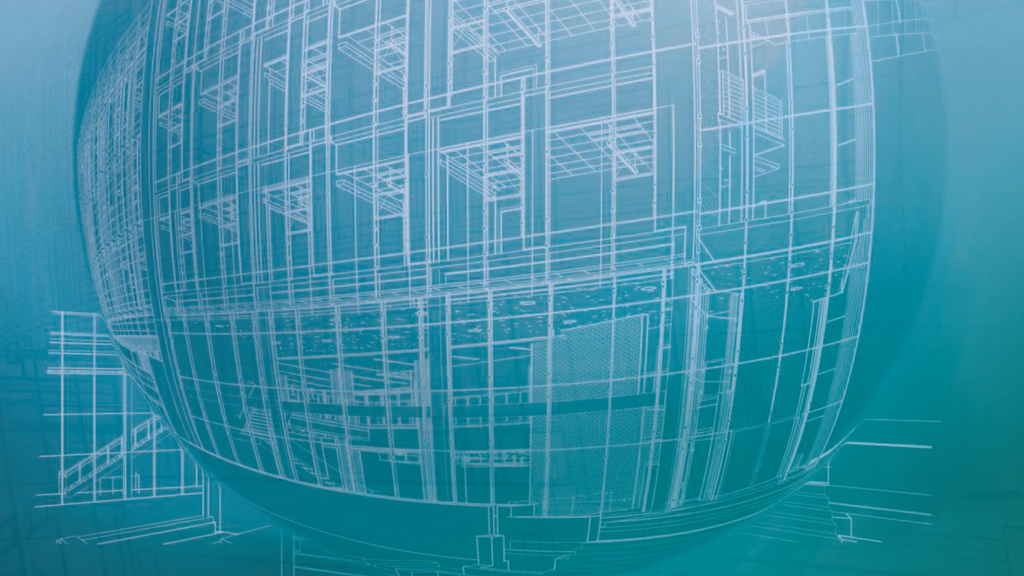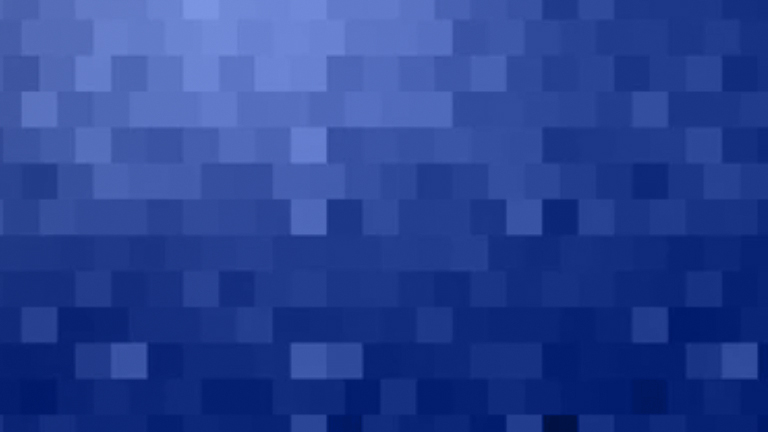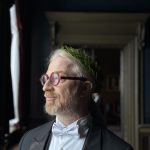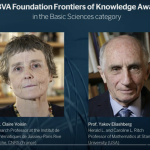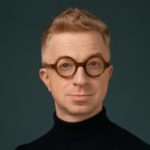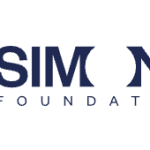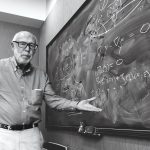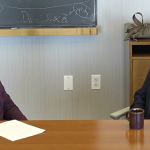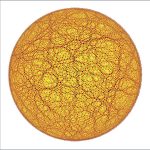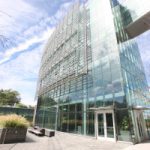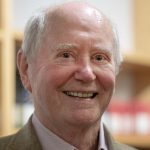Simons Foundation: Remembering Jim
Jim loved mathematics, science research, and education. In lieu of gifts or flowers, the Simons family asks that well-wishers consider a donation to some groups, among them the SCGP; whom all in their own way advance the frontiers of mathematics and the basic sciences: https://www.simonsfoundation.org/observing
A Farewell to Jim Simons
The Simons Foundation has announced today, May 10, 2024, the sad news of the death of James Harris Simons, and it is difficult to describe in words the deep feeling of loss this generates. The impact of the support that he and his wife Marilyn have provided to basic science, to curiosity driven research, and to … Read more
Unveiling the Cosmos. A Journey Through Astrophysics with Dame Jocelyn Bell Burnell. Interview by Neelima Sehgal
In February 2024, Neelima Sehgal, Associate Professor of Physics and Astronomy at Stony Brook University met with Dame Jocelyn Bell Burnell, currently a Visiting Academic at Oxford University. From recounting early challenges to sharing insights into the serendipitous discovery of pulsars, Professor Bell Burnell offers a candid perspective on her journey in the field, and the enduring impact of a pioneering scientist.
LOOKING AHEAD: Arriving at the Center
Please take a moment to go through this section for any matters pertaining to your arrival at SCGP. INFORMATION ABOUT SIMONS CENTER, DIRECTIONS, AND TRANSPORTATION INFORMATION ABOUT INVITATIONS, VISAS, GENERAL VISIT, AND TRAVEL SUPPORT INFORMATION ABOUT INTERNET, WI-FI, AND STREAMING
LOOKING AHEAD: Preparing for your Program or Workshop Visit
As a confirmed participant in one of our many events, visitors can explore all options listed below in order to plan ahead for their visit. Please feel free to contact us if you have further questions that are not answered in the sections below.
Selections from the Collection
Selections from the Collection Curated by Lorraine Walsh Simons Center Gallery The Simons Center for Geometry and Physics (SCGP) is pleased to present the exhibition Selections from the Collection, curated by Lorraine Walsh. This exhibit highlights artwork created by artists and scientists from previous shows in the Simons Center Gallery. Exploring themes in physics, geometry, neurology, … Read more
History of Music Concert Series, April 17. Medley: A Historical Sampling of Baroque to Modern Music
The Simons Center is pleased to present a new musical series in collaboration with the Stony Brook University Music Department to showcase local Stony Brook talent and highlight the history of music, Inaugural Performance Wednesday April 17 Reception: 4:30pm, Simons Center Lobby Performance: 5:00pm, Simons Center Della Pietra Auditorium, room 103 Medley: A Historical Sampling … Read more
The SCGP Seeks Tenured Physics and Mathematics Professors (Permanent Faculty Members)
The Simons Center for Geometry and Physics at Stony Brook University seeks applications for: one Tenured Professor position in Theoretical Physics; this candidate will also be Tenured Professors at the YITP/Department of Physics and Astronomy. For more information please visit: scgp.stonybrook.edu/archives/41119 one Tenured Professor position in Mathematics; the candidate will also be a Tenured Professor … Read more
Guest Lecture–Book Talk, April 24. Chris Quigg: “Grace in All Simplicity: Beauty, Truth, and Wonders on the Path to the Higgs Boson and New Laws of Nature”
Chris Quigg In conversation with George Sterman Grace in All Simplicity: Beauty, Truth, and Wonders on the Path to the Higgs Boson and New Laws of Nature (with Robert N. Cahn, Pegasus, 2023) Wednesday, April 24, 2024, 5:00 pm Della Pietra Family Auditorium, Room 103 Reception at 4:30 pm, Simons Center Lobby How do the … Read more
Simons Foundation Conference on Higher Dimensional Geometry: May 6-10, 2024
For more information please visit: https://www.simonsfoundation.org/event/mps-conference-on-higher-dimensional-geometry-may-6-10-2024/


